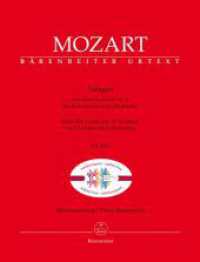Description
窶「 This book discusses key developments in the power-theoretic paradigm analysing its earliest and most contemporary exponents.
窶「 It deals with the wide ramifications and range of the Realist Paradigm, where all theories/approaches, even 窶�scientific ones窶�, with power-theoretic components, are integrated in a single conceptual framework.
窶「 It provides the Indian and Chinese perspectives on Realism to understand Realism in a non-Eurocentric global context.
窶「 It offers the fullest exposition of the Systems Approach in International Relations, treating all its main six proponents.
窶「 This book will be extremely useful to the departments of International Relations, Political Science, History, Law and other interdisciplinary Social Sciences subjects like Strategic Studies, Security Studies, etc.
Table of Contents
Preface. Acknowledgements. List of Abbreviations. 1. Introduction: Situating the Realist Paradigm of International Relations Amidst Its Great Debates 2 Early Classical Realism and Its Treatment of Power and Community: Thucydides, Kautilya, Master Han Fei Tzu, Machiavelli, and Hobbes 3 Geopolitics: Beyond Mahan, Mackinder, Haushofer, Spykman, and the Sprouts toward the Environmental and New/Critical/Postmodern Turns 4 Neoclassical Realism or Power Politics and Its Nuances: Niebuhr, Carr and Morgenthau 5 Neorealism: Kenneth Waltz, His Images and Levels of Analysis 6 Strategic Realism and Offensive Realism: Schelling and Mearsheimer 7 Realism窶冱 Internal and External Critiques 8 Systems Theory: Kaplan, Modelski, Rosecrance, McClelland, Holsti and Singer 9 Game Theory or the Theory of Interdependent Decisions in IR. Index.








